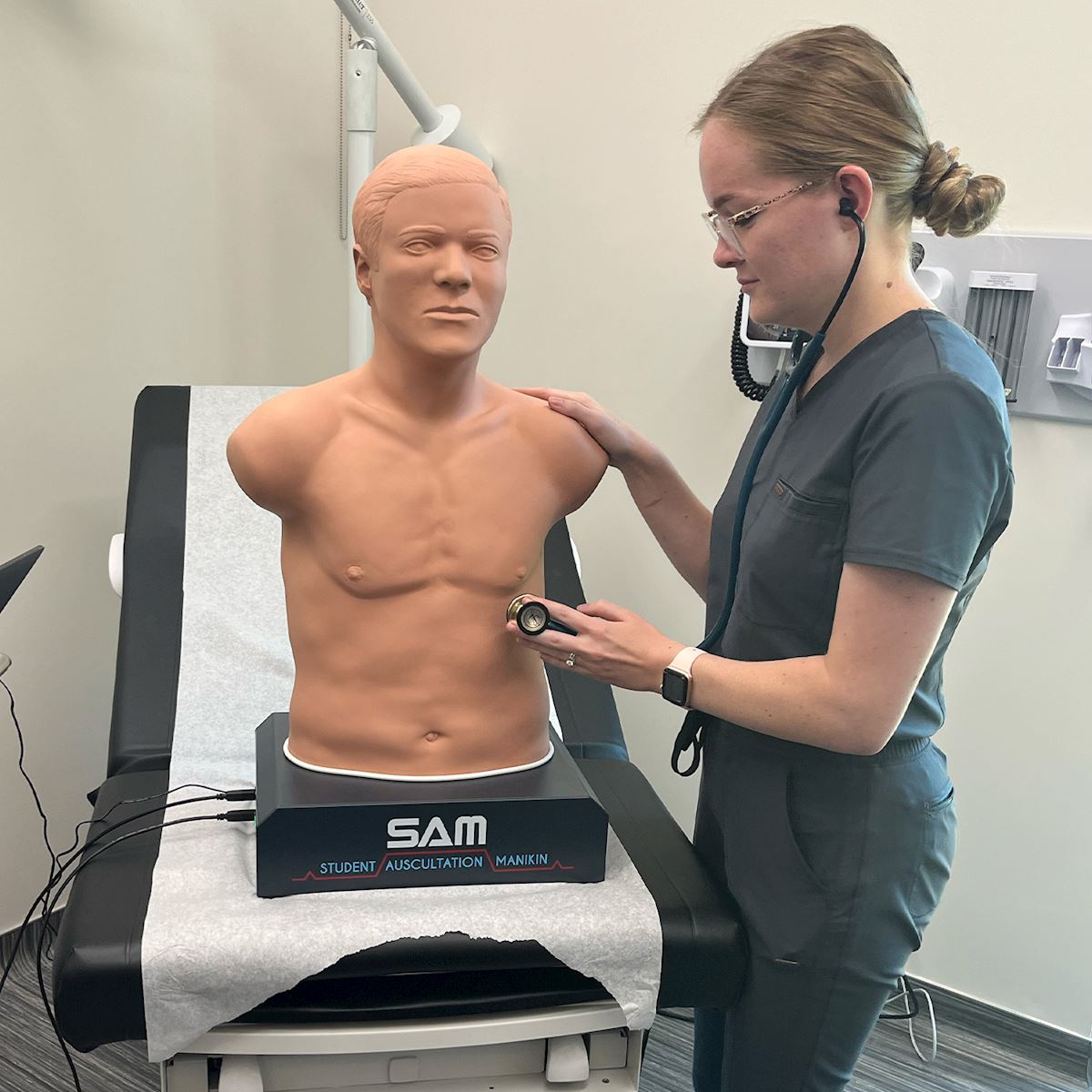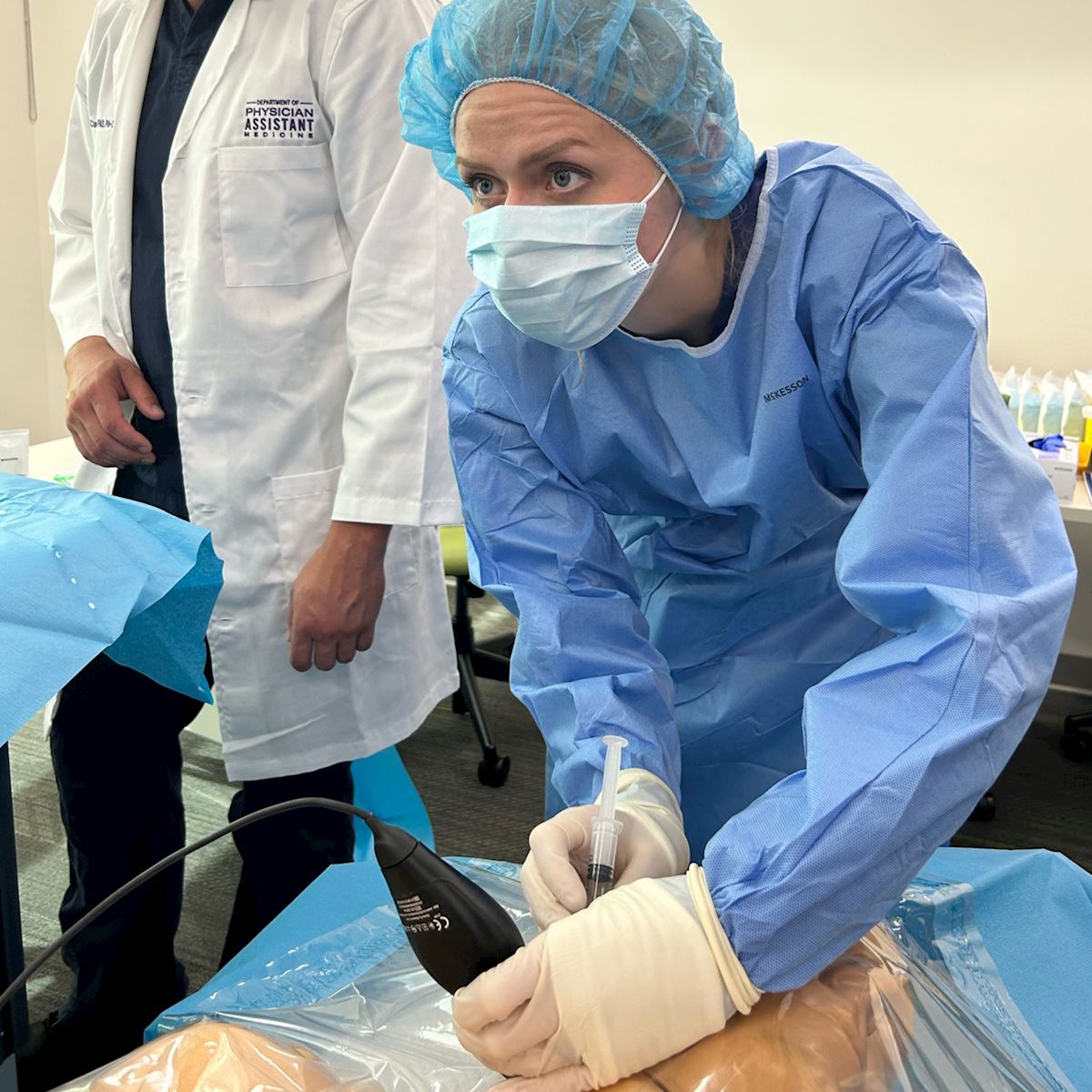Students Seeking Accommodation
Students must contact Weber State University’s Disability Services Center (DSC) to document the existence and nature of the disability and to request an accommodation. The nature of the disability does not need to be disclosed to the program.
-
Students are eligible to establish a disability and seek reasonable accommodation at any time before or after matriculation.
-
Students are encouraged to seek accommodation without fear of judgment or retaliation. All claims and proceedings under this provision will be kept confidential to the extent provided by law and University policies. Dissemination of information related to the existence of a disability will be restricted to University administrators with a legitimate need to know this information. Except as provided by law, no mention of the candidate's disability will appear in any university or program correspondence with external agencies unless the candidate specifically requests such disclosure in writing.
-
In evaluating applicants for admission and in preparing candidates for the MPAS degree, it is essential that the integrity of the curriculum be maintained, that those elements deemed necessary for the education of a PA be preserved, and that the health and safety of patients be maintained. While reasonable accommodation can be made for specific disabilities on the part of the student, those students who are disabled will be held to the same fundamental standards as their nondisabled peers.
-
Students are encouraged to establish the existence of a disability and acquire accomodations prior to the onset of academic problems. The program will not remediate an academic failure resulting from a claimed disability that was not documented and approved by Disability Services and brought to the program's attention in a timely fashion.
-
Students who refuse reasonable accommodation and subsequently experience academic difficulty will be held to the same standards as any other student who experiences academic difficulty.



Lumbar%20Puncture%20-%20Dean%2C%20Collin%2C%20McKenna.jpg)
%20Endo%20Lab%20-%20Glucometer%20(Aubrey%20and%20Steve)%20(2).jpg)


%20Girls%20Group.jpg)



